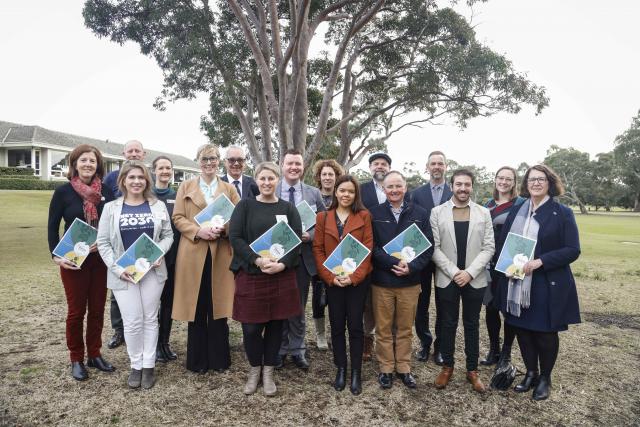
by Cam Lucadou-Wells
A joint report has mapped the way to net-zero emissions for councils, businesses and households in the South East.
The Roadmap to Net Zero Emissions report states the potential “opportunities” and “solutions” will achieve substantial cost-savings for residents and businesses.
The newly-released roadmap was produced by the Greater South East Melbourne (GSEM) group and South East Councils Climate Change Alliance (SECCCA).
GSEM spokesperson and Knox Council mayor Jude Dwight said the “practical” document listed implementation timelines, the barriers as well as advice on “immediately available and cost-effective opportunities”.
“The report found that there are solutions with the potential in coming years to reduce emissions in virtually all sectors to zero and save businesses and households money.”
The climate-change solutions had other benefits such as improving the quality and resilience of the power system, reducing unpredictable fossil-fuel price cycles and lowering noise and air pollution from vehicles and power generators, Cr Dwight said.
According to the report, a “key strategy” was for Victoria to replace its large dependence on gas with electricity.
This would be supported by “world trends” such as increasing numbers of electric vehicles including SUVs and trucks, and increasingly efficient heat pumps for homes, businesses and industries.
It also zeroed onto the cost savings of switching to rooftop solar or off-site renewable energy through Power Purchase Agreements.
“We would discourage setting targets for the longer term, for fear of encouraging delay,” the report stated.
“All abatement opportunities that are available and cost-effective today should be implemented as rapidly as possible.
“There is an economic opportunity cost, as well additional climate damage, associated with any delay.”
The report also identifies barriers to change for low-income households and businesses, as well as apartment dwellers with poor solar access.
Household renters and business tenants also may not be empowered to change, while landlords may perceive no economic imperative to do so.
Aviation, agriculture and heavy transport sectors face “higher hurdles” for the time being but solutions were being developed such as electrification and hydrogen power.
The Roadmap analyses data relating to Bass Coast, Bayside, Cardinia, Casey, Frankston, Greater Dandenong, Kingston, Mornington Peninsula, Port Phillip, Knox and Monash local government areas.






